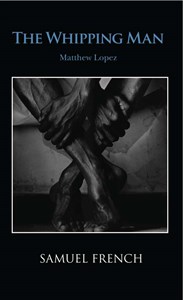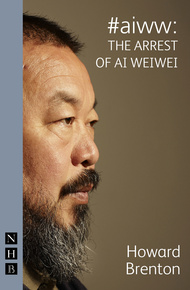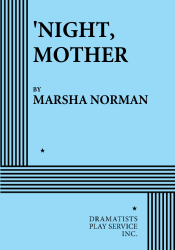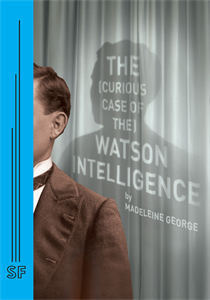
Whipping Man, The
- Full Length Play, Drama, American Civil War Era
- 3M
- ISBN: 9780573697098
Emotionally potent...surreal in the layers of meaning... a quiet force...We are in the hands of a playwright who wants to mess with our viscera.
The New York Times
A mesmerizing drama.
Newark Star-Ledger
Description
- Full Length Play
- Drama
- 120 minutes
- Time Period: American Civil War Era
- Target Audience: Teen (Age 14 - 18), Adult, Senior
- Set Requirements: Interior Set
- Cautions: Alcohol
- Performance Group:
- Large Stage, Community Theatre, Professional Theatre, Shoestring Budget, Blackbox / Second Stage /Fringe Groups, College Theatre / Student, Church / Religious Groups
- Accolades:
- Winner! - 2001 Outer Critics Circle Award - John Gassner Award
Nominee! 2001 Off Broadway Alliance Award - Best New Play
Into the chaos of war-torn Richmond comes Caleb DeLeon, a young Confederate officer who has been severely wounded. He finds his family's home in ruins and abandoned, save for two former slaves, Simon and John, who wait in the empty house for the family's return. As the three men wait for signs of life to return to the city, they wrestle with their shared past, the bitter irony of Jewish slave-owning and the reality of the new world in which they find themselves.
The sun sets on the last night of Passover and Simon - having adopted the religion of his masters - prepares a humble Seder to observe the ancient celebration of the freeing of the Hebrew slaves from Egypt, noting with particular satisfaction the parallels to their current situation. But the pain of their enslavement will not be soothed by this tradition, and deep-buried secrets from the past refuse to be hidden forever as the play comes to its shocking climax.
REVIEWS:
A cause for celebration. Mathew Lopez has come as close as any author could to producing a microcosm of the genesis of a wide range of today's Black American males.
Talkin' Broadway
Emotionally potent...surreal in the layers of meaning... a quiet force...We are in the hands of a playwright who wants to mess with our viscera.
The New York Times
A mesmerizing drama.
Newark Star-Ledger
I can see why director Lou Bellamy chose this play for Penumbra, whose most famous alumnus is playwright August Wilson. In its complex welter of issues, in its interior explorations...The Whipping Man is Wilsonian.
Minneapolis Star-Ledger
Succeeds with an uncanny maturity in using sharply drawn characters and rich metaphor to wrestle Wilson-like with epic American issues of race, religion, and responsibility. Someone must succeed Wilson; it might as well be Lopez
Minnesota Monthly
Characters
- Casting: 3M
- Casting Attributes: Ensemble cast, Strong Role for Leading Man (Star Vehicle), All Male, Minority casting
SIMON - 50s; former slave in the DeLeon home.
CALEB - 20s; only child of the DeLeon family.
JOHN - 20s; former slave in the DeLeon home.
Available Material
| Name | Price |
|---|---|
|
Whipping Man, The Script
Order Now
It is April, 1865. The Civil War is over and throughout the south, slaves are being freed, soldiers are returning home and in Jewish homes, the annual celebration of Passover is being celebrated. Into the chaos of war-torn Richmond comes Caleb DeLeon, a young Confederate officer who has been severely wounded. He finds his family's home in ruins and abandoned, save for two former slaves, Simon and John, who wait in the empty house for the family's return. As the three men wait for signs of life to return to the city, they wrestle with their shared past, the bitter irony of Jewish slave-owning and the reality of the new world in which they find themselves. The sun sets on the last night of Passover and Simon - having adopted the religion of his masters - prepares a humble Seder to observe the ancient celebration of the freeing of the Hebrew slaves from Egypt, noting with particular satisfaction the parallels to their current situation. But the pain of their enslavement will not be soothed by this tradition, and deep-buried secrets from the past refuse to be hidden forever as the play comes to its shocking climax. |
$24.95 |




